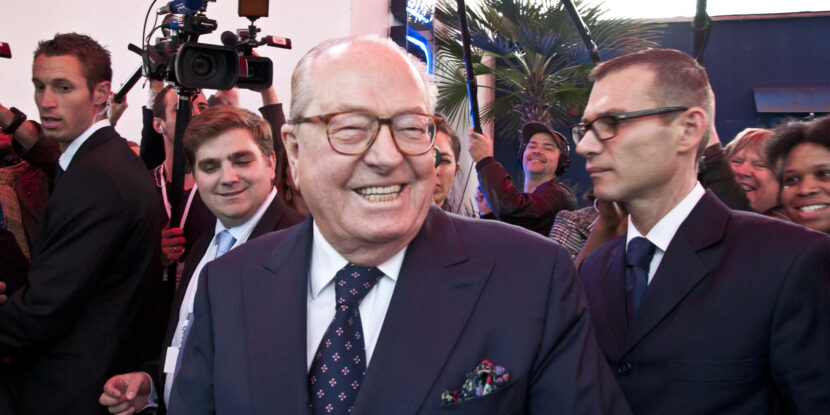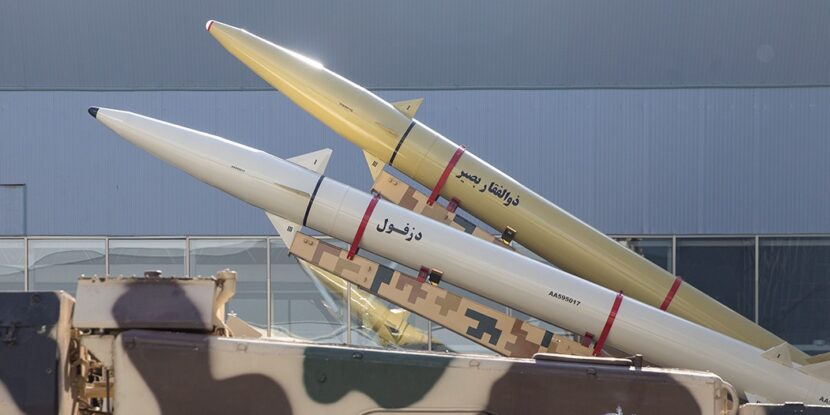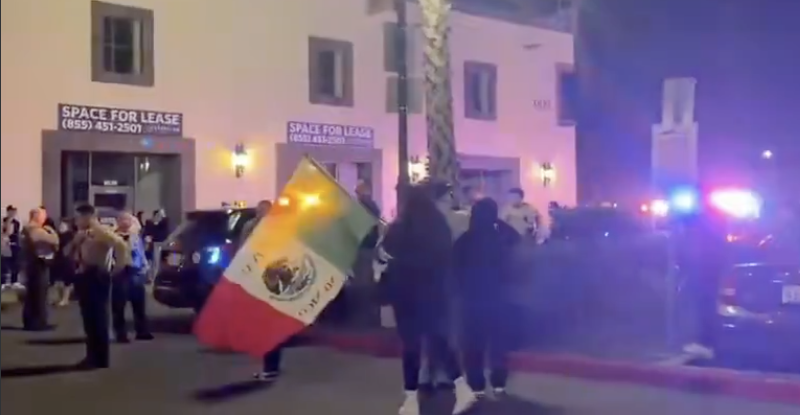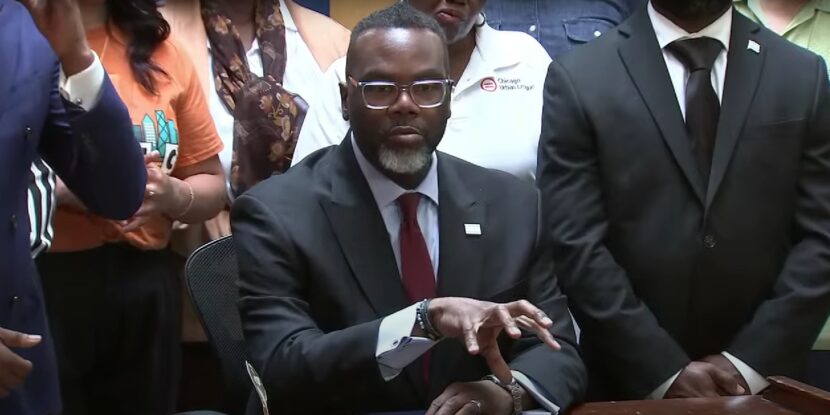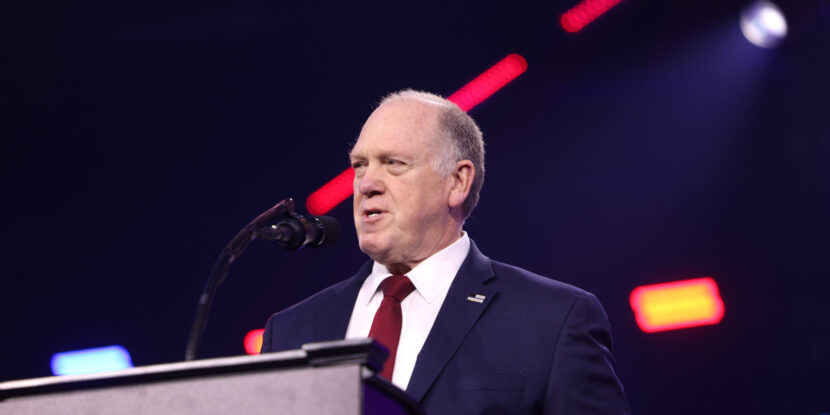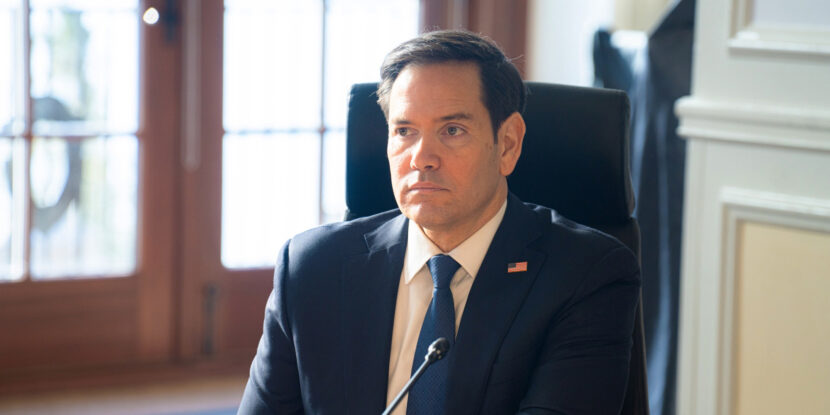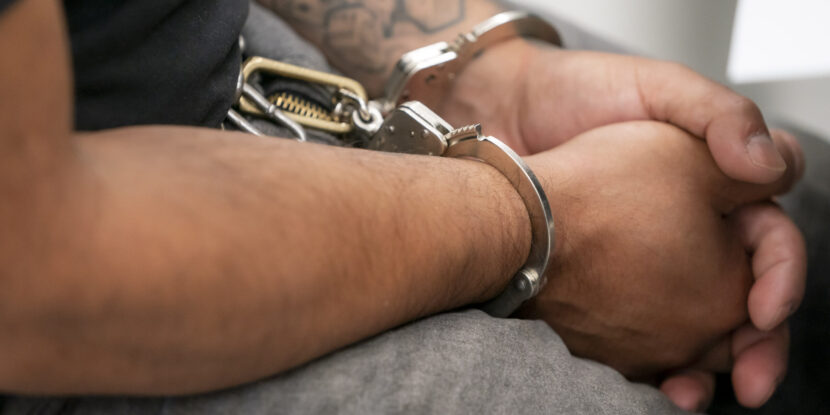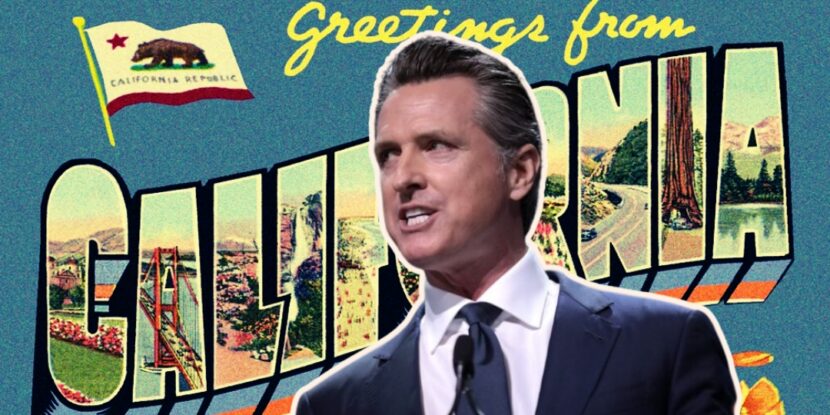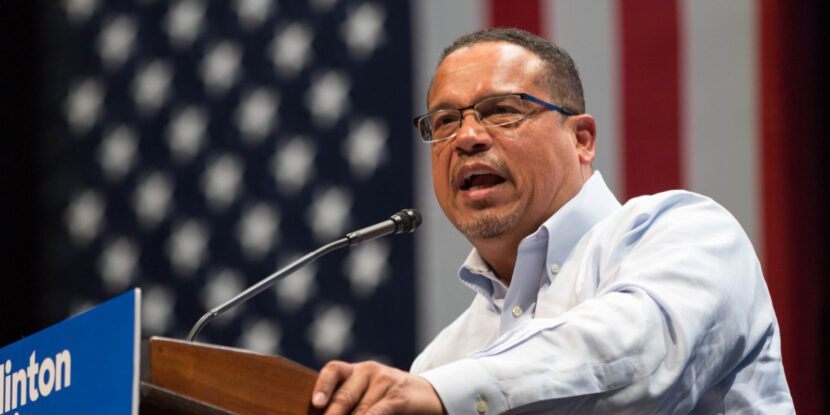French nationalist Jean-Marie Le Pen, father of former presidential candidate Marine Le Pen, has passed away after a long life at the heart of French populist and nationalist politics. Le Pen, 96, co-founded the Front National, now the National Rally (RN), in 1972.
Le Pen was involved in politics from a young age, clashing with leftist activists during his university years. He was associated with but never joined the pro-monarchy movement Action Française.
EARLY LIFE.
Le Pen joined the French military, where he later met the famous French actor Alain Delon and became friends with him. He served in French Indochina (now Vietnam), Laos, Cambodia, and Suez, Egypt. At 27, he ran for office, becoming one of the youngest legislators in France in 1956.
However, Le Pen left politics to fight for France in Algeria, then a French colony, participating in the famous Battle of Algiers, one of the bloodiest episodes of the conflict, marked by terrorist bombings and guerilla warfare across the North African city.
He denied having participated in the torture of suspected terrorists during the war but did acknowledge the practice occurred and defended it in extreme situations. It was during this time, in 1958, that Le Pen lost his left eye, allegedly from a savage beating during the 1958 election campaign.
In 1972, Le Pen co-founded the Front National (FN) and began his first of many presidential campaigns in 1974, winning less than one percent of the vote. In 1976, his apartment was bombed, destroying it and making him and his children, including Marine Le Pen, homeless.
ELECTIONS.
The 1980s would see renewed electoral successes for Le Pen as he was elected to the European Parliament. After President Francois Mitterrand introduced proportional representation, Le Pen and the FN gained 35 lawmakers in the National Assembly following the 1986 legislative election, winning over 2.7 million votes.
The most significant breakthrough for Le Pen, however, came in 2002, when he ran for President of France and shocked the world by making it to the second round of voting against the notionally center-right Jacques Chirac. However, he was soundly defeated, winning just 17.79 percent of the vote after the establishment parties combined their efforts behind Chirac to stop the “far right.”
A NEW LE PEN.
After another failed presidential bid in 2007, Le Pen was replaced as president of the FN in 2011. He had led it for over four decades. His daughter, Marine Le Pen, replaced him as leader.
She expelled him entirely from the party in 2016 amid internal tensions as the party attempted to soften its image. A controversial figure in France, Le Pen was known as a staunch conservative and nationalist who was accused by critics of racism, bigotry, and antisemitism. He was convicted by French courts several times for downplaying the Holocaust.
The elder Le Pen also vocally supported his granddaughter, Marion Marechal, as she emerged as a potential challenger to his daughter Marine.
Jean-Marie Le Pen remained a Member of the European Parliament (MEP) until 2019.
MIXED REACTIONS.
French politicians had mixed reactions to Le Pen’s death. National Rally president Jordan Bardella said, “He always served France, defended its identity and its sovereignty.”
Conservative former presidential candidate Eric Zemmour said that, despite his scandals, “what we will remember about him in the coming decades is that he was among the first to alert France to the existential threats that awaited it.”
Far-left France Unbowed lawmaker Jean-Luc Melenchon took the opposite approach, saying, “The fight against the man is over. The fight against the hatred, racism, Islamophobia, and antisemitism that he spread continues.”
Prime Minister François Bayrou called Le Pen a figure of French political life, adding, “We knew, by fighting him, what a fighter he was.”
